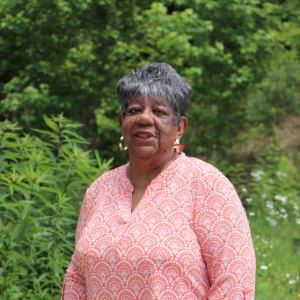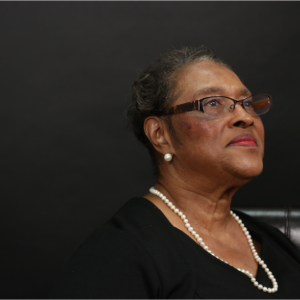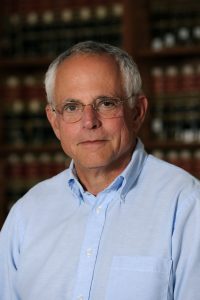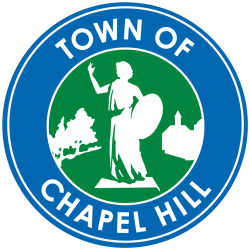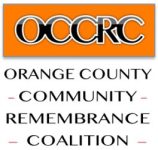
On Tuesday, July 2, 2024, in partnership with the Orange County Community Remembrance Coalition, we hosted a full day of conversation and fellowship about the most sweeping civil rights legislation since Reconstruction.
The Civil Rights Act of 1964 outlawed discrimination in public accommodations and other public places and established the Equal Employment Opportunity Commission. The act prohibited discrimination in public places, provided for the integration of schools and other public facilities, and made employment discrimination illegal. It was the most sweeping civil rights legislation since Reconstruction. Along with the 1965 Voting Rights Act and the Fair Housing Act in 1968, the Civil Rights Act helped establish the legal foundation of equality among all Americans.
Symposium recordings
Symposium opening + first panel: James Williams moderated a conversation that focused on the history of the Civil Rights Act and the strategies that led to its signing in 1964.
Panelists: Christopher Clark, H Timothy Lovelace, Angela Mason, Jerry Gershenhorn, and Allison Riggs
Panel: Moderator Danita Mason-Hogans talked with the Women of the Movement and Braxton Foushee about the local experience of Jim Crow and the struggle to pass a local ordinance to outlaw segregation.
Panelists: Anne Hargett, Betty Geer, Jerdene Alston, Lillie Atwater, Gwen Atwater, and Braxton Foushee
Keynote address by Judge Jim Wynn
Panel: Dr. Freddie Parker moderated a conversation about the Civil Rights Act in 2024 and what the future may hold. This panel began with Dr. Parker's a capella rendition of Sam Cooke's "A Change Is Gonna Come." The video includes some archival video of Civil Rights protests in Chapel Hill from 1963-1964.
Panelists: Jack Boger, Reginald Hildebrand, Reggie Shuford, and Elizabeth Haddix
Speakers and Panelists

